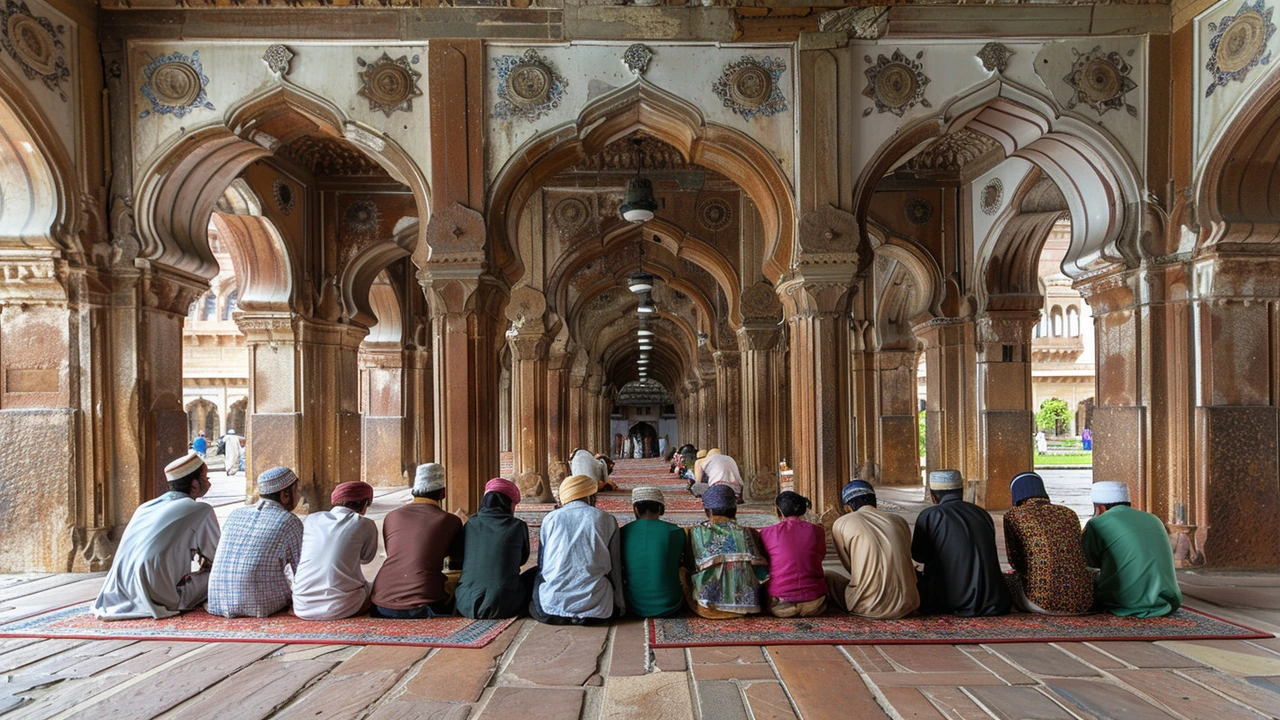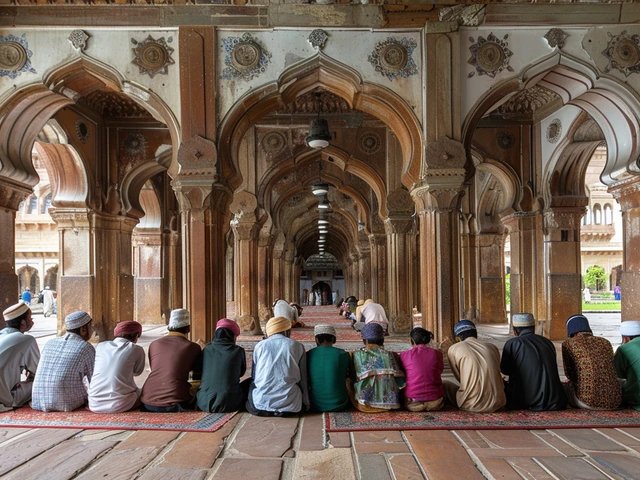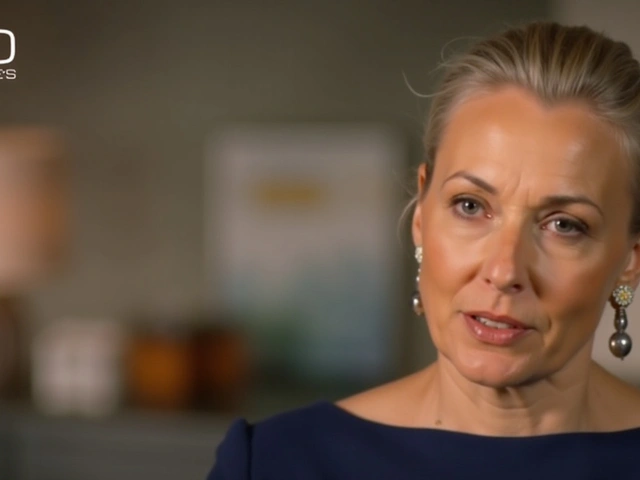The Profound Meaning of Animal Sacrifice in Eid Ul-Adha 2024
Understanding Eid Ul-Adha: The Festival of Sacrifice
Eid Ul-Adha, also known as Bakri Eid, is one of the most significant festivals in Islam. Celebrated on the 10th day after the sighting of the crescent moon, it marks the culmination of the Hajj pilgrimage to Mecca. But more than just a day of prayers and feasts, Eid Ul-Adha commemorates the story of Prophet Ibrahim's profound faith and obedience to God’s command.
The Story of Prophet Ibrahim and the Ultimate Test of Faith
According to Islamic tradition, Prophet Ibrahim (Abraham) was commanded by God to sacrifice his beloved son, Ismail (Ishmael), as a test of his faith. As Ibrahim was about to perform the act, God intervened and provided a ram to sacrifice instead. This act of obedience and divine intervention is the cornerstone of Eid Ul-Adha, symbolizing the virtues of unwavering faith, sacrifice, and submission to God's will.
Animal Sacrifice: A Tradition Steeped in History
The practice of animal sacrifice, known as Qurbani, is a key part of Eid Ul-Adha celebrations. It involves the slaughtering of an animal, usually a goat, sheep, or cow, and distributing its meat among family, friends, and the needy. This tradition highlights the essence of sharing and charity, which are fundamental aspects of Islam.
The Symbolism of Qurbani
Qurbani is not just about the physical act of slaughtering an animal. It signifies the sacrifice of one's ego, desires, and materialistic pursuits in the name of faith. The Quran emphasizes that it is not the flesh or blood that reaches God, but the piety and righteousness behind the act. This principle underlines that the true essence of Qurbani lies in the intention and spirit of the believer performing the sacrifice.
Deonar Abattoir: A Hub of Activity During Eid Ul-Adha
In Mumbai, the Deonar abattoir becomes a bustling marketplace for sacrificial animals during Eid Ul-Adha. It attracts buyers from across the region, seeking animals for Qurbani. Goats with unique markings or attributes often command high prices. For instance, one goat from Udaipur was valued at 51 lakh rupees due to markings resembling the words 'Allah' and 'Prophet Mohammad'. This fascination with uniquely marked animals adds an interesting dimension to the festival's traditions.
The Historical Roots of Sacrifice in Islam
Religious scholars like Maulana Mohammad Arif point out that the tradition of sacrifice predates Prophet Muhammad, tracing back to the time of Adam. The story of Adam's sons, Qabil and Habil, is often cited as the first instance of a sacrificial offering. Qabil's offering of produce was not accepted by God, leading to his jealousy and the eventual murder of his brother Habil, whose offering of livestock was deemed more sincere. This story underscores the importance of intent and righteousness in acts of sacrifice.
Eid Ul-Adha: A Time for Reflection and Generosity
Eid Ul-Adha is more than just a religious observance; it is a time for self-reflection and generosity. Muslims worldwide reflect on the lessons of Ibrahim's story, considering the importance of faith, humility, and charity in their lives. During the festival, the act of Qurbani is performed either on the first day or in the following two days, with the meat distributed in thirds—one for the family, one for friends and relatives, and one for the less fortunate. This practice ensures that the blessings of the festival are shared with everyone, particularly those in need.
| Aspect | Details |
|---|---|
| Main event | Commemoration of Prophet Ibrahim's willingness to sacrifice his son |
| Date | 10th day after the sighting of the crescent moon |
| Animal sacrifice | Goat, sheep, cow, or camel |
| Distribution | Meat divided into thirds: family, friends, and the needy |
Conclusion
Eid Ul-Adha, or Bakri Eid, serves as a powerful reminder of the principles of faith, sacrifice, and charity in Islam. The practice of animal sacrifice is deeply symbolic, representing a believer’s devotion and submission to God's will. As families come together to celebrate and share with those less fortunate, the festival embodies the true spirit of Islam—compassion, generosity, and a strong sense of community.







